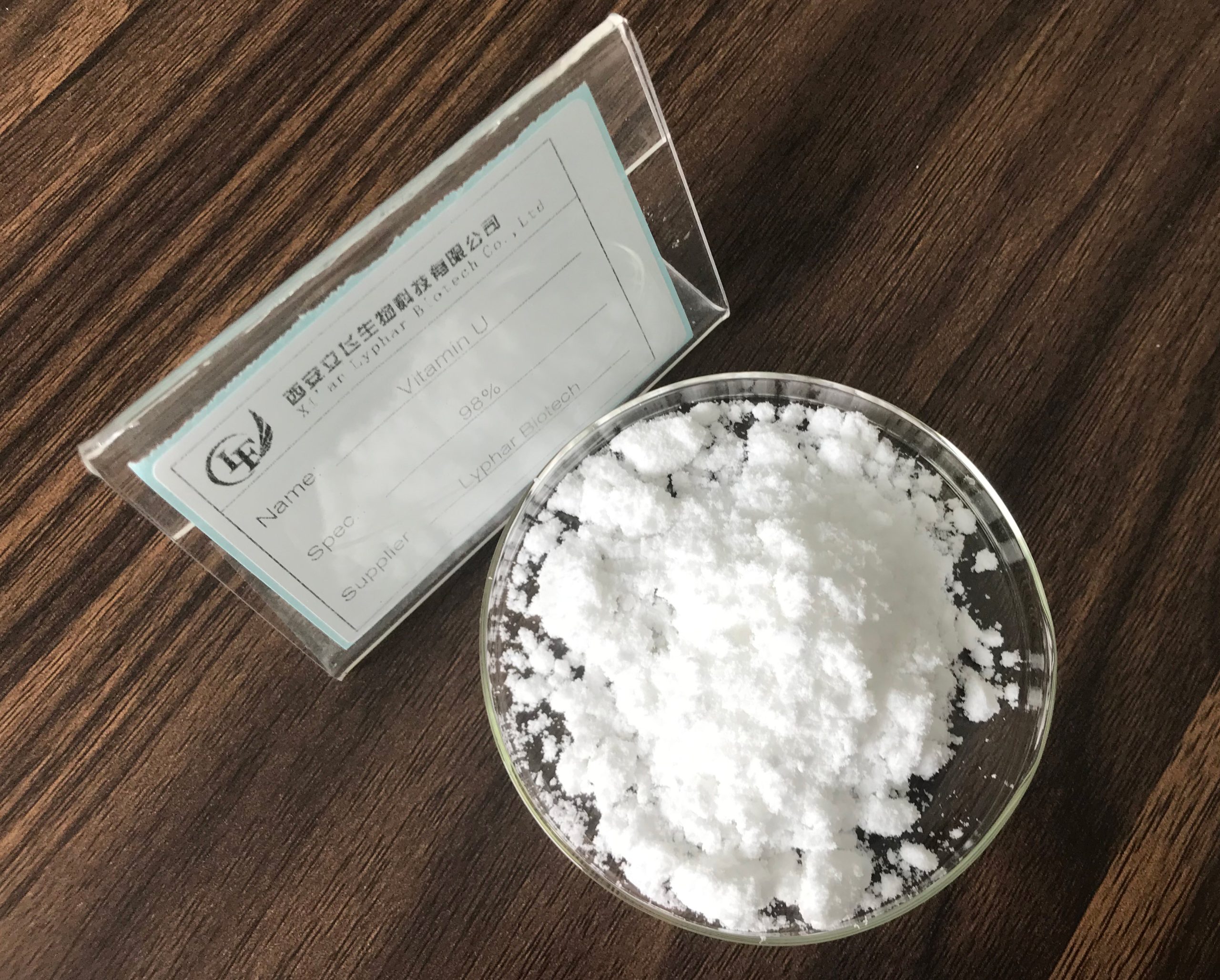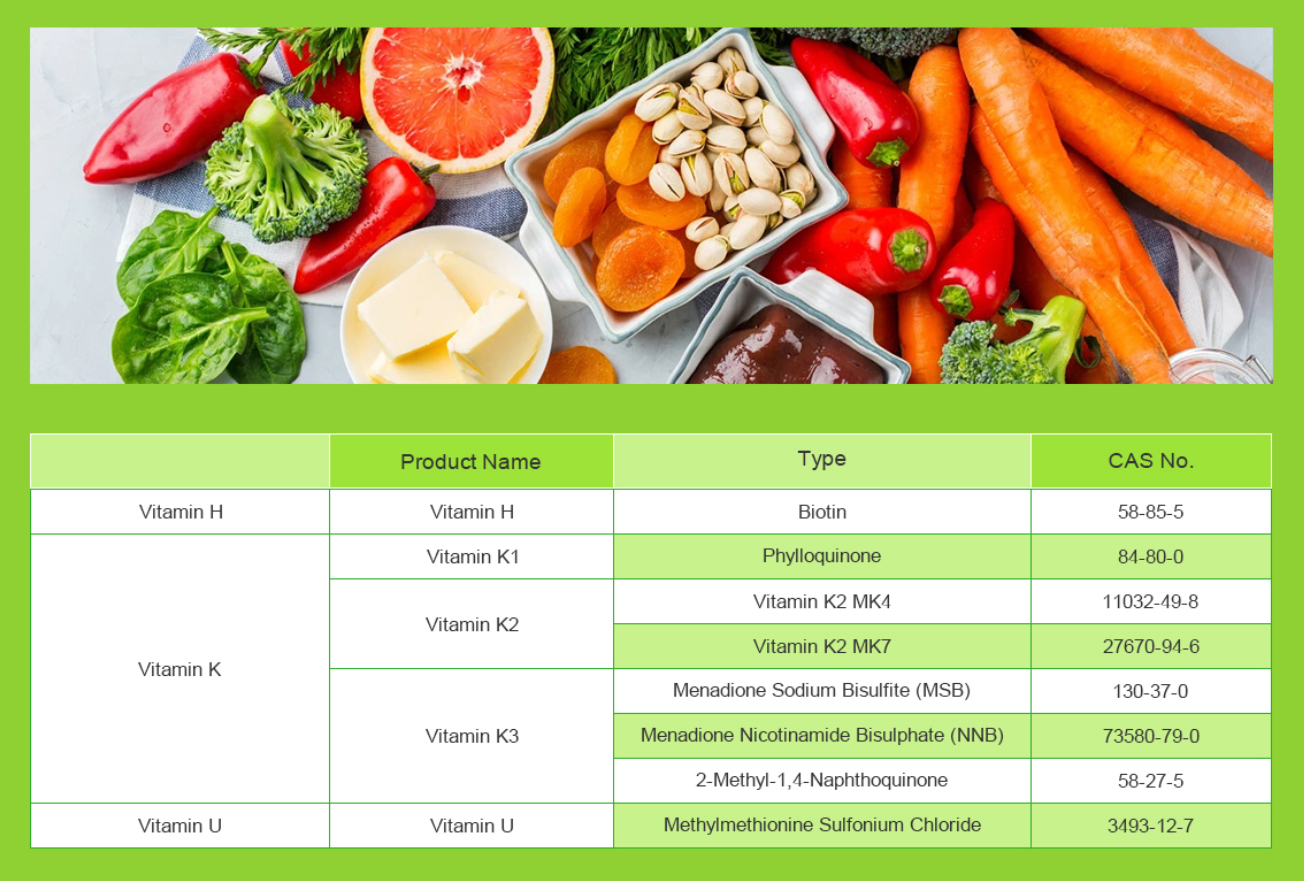Vitamin U is not a traditional vitamin like the others (A, B, C, D, etc.), but rather a term that refers to the compound S-methylmethionine (SMM). It has been suggested that Vitamin U helps with the healing of ulcers, particularly gastric ulcers, and is thought to promote overall gastrointestinal health.
While it’s not typically classified as a required nutrient, a lack of Vitamin U may potentially lead to issues such as:
- Gastrointestinal problems: Since Vitamin U is believed to help heal ulcers and protect the stomach lining, a deficiency could result in more severe gastric ulcers, acid reflux, or general stomach discomfort.
- Digestive disturbances: Vitamin U might support the integrity of the digestive tract. Its absence could cause slower digestion or poor nutrient absorption.
- Increased risk of ulcers: Without enough Vitamin U, the stomach lining could become more vulnerable to damage from acid, increasing the likelihood of ulcers or digestive tract issues.
- Chronic inflammation: There is some evidence that Vitamin U may help reduce inflammation, so a lack of it could potentially lead to higher levels of inflammation in the stomach or gut.

Since it’s found in foods like cabbage, especially raw cabbage juice, most people don’t experience a true deficiency. However, if you are experiencing gastrointestinal issues, it’s always a good idea to consult a healthcare professional for a proper diagnosis.
Which natural foods are rich in Vitamin U?
Vitamin U isn’t officially recognized as a vitamin in the traditional sense, but it’s a term commonly used to refer to compounds found in certain foods that have been linked to benefits for digestive health. These compounds, primarily S-methylmethionine (SMM), are thought to help with ulcers and stomach health.
Some natural foods rich in Vitamin U (S-methylmethionine) include:
- Cabbage – Both raw and cooked cabbage, particularly the leaves, are considered one of the best sources.
- Spinach – High in S-methylmethionine, spinach is another good source.
- Mustard greens – These leafy greens also contain notable amounts of Vitamin U.
- Lettuce – Specifically, romaine lettuce and other leafy varieties.
- Celery – Contains smaller amounts of S-methylmethionine.
- Broccoli – Another cruciferous vegetable that provides some Vitamin U.

To get the most benefits, these vegetables are often consumed raw or lightly cooked, as the compounds may degrade with prolonged heat.
Though it’s not classified as a vitamin with well-established daily requirements, it’s beneficial for digestive health and can be found in these leafy and cruciferous vegetables.
